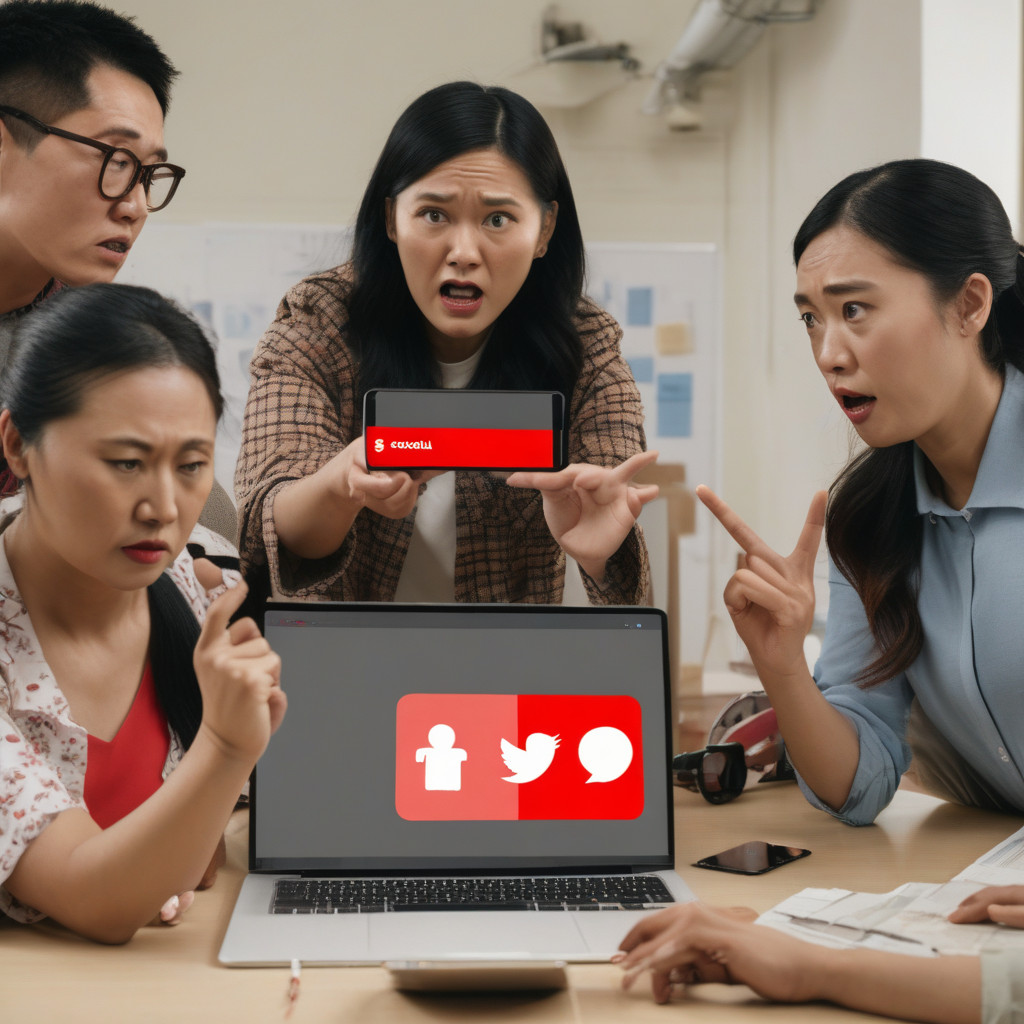In the era of instant communication, social media has become a dominant source of information. But, the flipside of the coin is the proliferation of misinformation and fake news that can easily spread across these platforms. This is where social media fact-checking comes into play.
Social media fact-checking is the process of verifying the accuracy of content shared on social media platforms. It involves checking the credibility of claims, statements, images, and videos circulating online to determine their truthfulness. Fact-checking organizations and teams are dedicated to investigating and debunking false information to prevent its dissemination and combat misinformation.
So, how does social media fact-checking actually work? Fact-checkers use a variety of tools and techniques to assess the validity of information. They rely on evidence-based research, data analysis, and investigative journalism to verify the accuracy of claims. Fact-checkers also cross-reference information with credible sources and experts to validate or debunk the content in question.
One common method used in social media fact-checking is reverse image searching. This technique helps fact-checkers determine the original source of an image circulating online and verify its authenticity. By using tools like Google Images or TinEye, fact-checkers can uncover whether an image has been doctored or taken out of context.
Another key aspect of social media fact-checking is the collaboration between platforms and fact-checking organizations. Social media companies like Facebook, Twitter, and YouTube have partnered with fact-checkers to flag and label misinformation, reduce its visibility, and provide users with accurate information. This partnership aims to curb the spread of fake news and promote a more informed online community.
Furthermore, fact-checkers play a crucial role in educating the public about media literacy and critical thinking. By debunking false information and explaining the reasoning behind their findings, fact-checkers empower users to discern fact from fiction and make informed decisions about the content they consume and share on social media.
In conclusion, social media fact-checking is a vital process in today’s digital age to combat the spread of misinformation and uphold the integrity of information shared online. By leveraging evidence-based research, collaboration with platforms, and a commitment to transparency, fact-checkers play a crucial role in promoting a more truthful and trustworthy social media environment.

